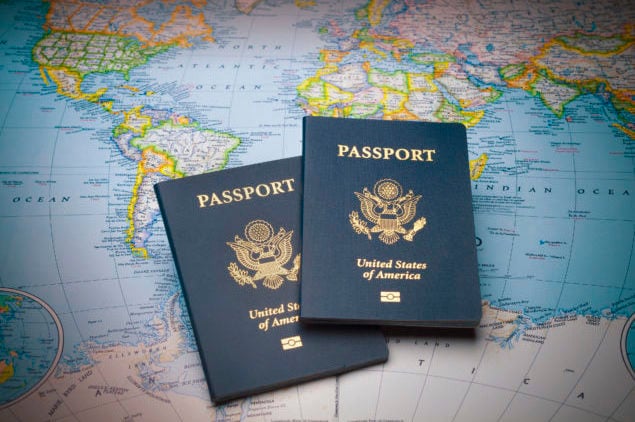The United States Department of Justice (DOJ) has issued a directive to attorneys in its Civil Division to prioritise denaturalisation cases against certain naturalised citizens, potentially impacting over 25 million Americans.

Denaturalisation refers to the legal process by which individuals who acquired U.S. citizenship through naturalisation—rather than by birth—can be stripped of that status. A DOJ memo, published on June 11, instructs attorneys to focus on cases where citizenship was “illegally procured” or obtained through “concealment of a material fact or willful misrepresentation.”
According to the memo, civil denaturalisation serves key objectives, including revoking citizenship from individuals involved in war crimes, human rights abuses, gang activity, or terrorism, and removing those who pose ongoing threats to U.S. national security. It also aims to prevent convicted terrorists from returning to the country or travelling with U.S. passports.

The memo outlines several priority categories for denaturalisation proceedings:
- Individuals linked to terrorism, espionage, or the illegal export of sensitive U.S. technology or information.
- Those involved in war crimes, torture, or serious human rights violations.
- Individuals affiliated with criminal gangs, transnational crime networks, or drug cartels.
- Persons who failed to disclose felony convictions during the naturalisation process.
- Offenders involved in human trafficking, sex crimes, violent offences, or large-scale financial fraud—including PPP loan and Medicare/Medicaid fraud.

Other targets include those who defrauded private entities or the government, acquired citizenship through corruption or deception, or are connected to pending criminal cases referred by U.S. attorneys.
This directive could affect a significant portion of America’s immigrant population. According to 2023 data from the Migration Policy Institute, more than 25 million individuals in the U.S. have obtained citizenship through naturalisation.
The move is seen as part of President Donald Trump’s broader crackdown on both legal and illegal immigration. In a related development, the U.S. Supreme Court recently ruled that federal judges overstepped their bounds when they halted Trump’s executive order seeking to end birthright citizenship—an enduring constitutional guarantee for those born on American soil.
While the Court’s decision did not determine the constitutionality of the policy itself, it clears the way for the Trump administration to continue pushing forward with the controversial agenda.




